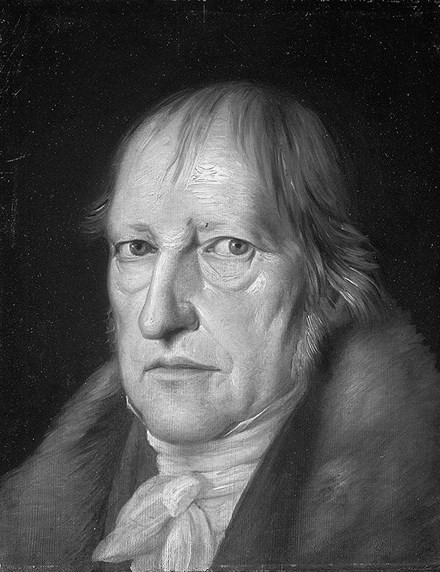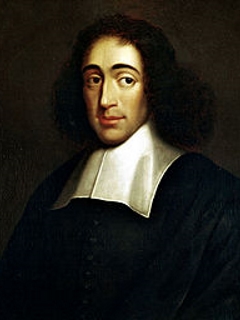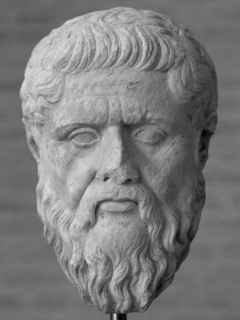

Plato, Descartes, Hegel
three philosophers of event
pp. 575-602
in: Matthew C. Altman (ed), The Palgrave handbook of German idealism, Berlin, Springer, 2014Abstract
This aperçu by Lacan can serve as our guiding principle: beware of all-too-easy attempts at "overcoming" metaphysics! There are three (and only three) key philosophers in the history of (Western) metaphysics: Plato, Descartes, Hegel. The proof of their privileged status is their extraordinary position in the series of philosophers: each of the three not only designates a clear break with the past, but also casts his long shadow on the thinkers who follow him — they can all be conceived as a series of negations/oppositions of/to his position. It was already Foucault who noted that the entire history of Western philosophy can be defined as the history of rejections of Platonism: in a homologous way, the entire modern philosophy can be conceived as the history of rejections of Cartesianism, from subtle corrections (Malebranche, Spinoza) to outright dismissals. With Hegel, things are, if anything, even more obvious: what united all that comes after Hegel is the opposition to the specter of Hegel's "panlogicism."






